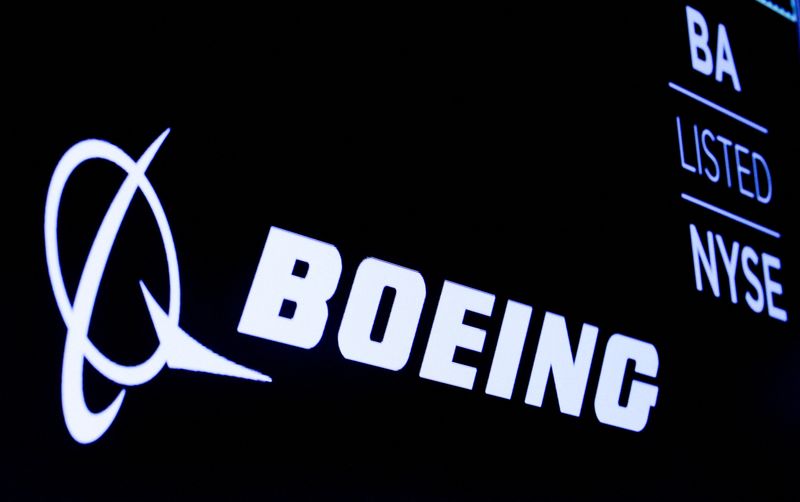By Allison Lampert
MONTREAL (Reuters) - Boeing (NYSE:BA) Co urged regulators on Tuesday to subject a new generation of air taxis to the same strict safety standards as commercial jets, saying the aircraft designed for short flights on demand should not be judged on a par with small planes.
Boeing Chief Strategy Officer Marc Allen's address at the International Civil Aviation Organization (ICAO) marks the U.S. planemaker's first intervention on such issues in the electric vertical takeoff and landing (eVTOL) market.
"We have to unify around the importance of bringing all advanced air mobility vehicles and operating systems to market with airliner levels of safety, with air transport levels of safety, with commercial levels of safety," he said at ICAO's Remotely Piloted Aircraft Systems (RPAS) Symposium. Regulators are coming up with design and operational requirements for air taxis, which can take off and land vertically to ferry travelers to airports or on short trips between cities, allowing them to beat traffic.
Analysts say certification standards that air taxis must meet will be make-or-break for many of the new projects vying for investment.
Allen said regulators must approach advanced air mobility on safety in the same manner as commercial transport since air taxis fly over crowded urban areas, even though they carry fewer passengers than commercial jets.
Small planes "are not an everyday flight solution for broad mobility," he told Reuters on the sidelines of the event. "They are not in heavy, dense usage over urban populations."
Jetliners are required, for example, to have redundancies on critical systems that would lead to a catastrophic failure if they could not function.
While the European Union Aviation Safety Agency (EASA) already has such requirements for air taxis, it was not clear whether the U.S. Federal Aviation Administration (FAA) will have such requirements, consultants and executives said.
Advanced air mobility vehicles are generally lumped into a category for smaller aircraft than jetliners, however projects can be subject to other criteria.
"It's kind of case by case," said Charlton Evans, head of a U.S. aerospace consultancy.
On Monday, the U.S. regulator issued the certification blueprint that Joby Aviation will need to meet for its air taxi aircraft.

The FAA was not immediately available for comment.
Redundancy was at the centre of a safety crisis over the 737 MAX that saw the model grounded for almost two years. Boeing has announced sweeping safety and engineering reforms since the fatal crashes of two jets that killed a total of 346 people. Allen said global regulators would ideally come up with common requirements for certifying these aircraft, but acknowledged that would take time. "To us, the more important thing is consensus on commercial safety standards," he said.
